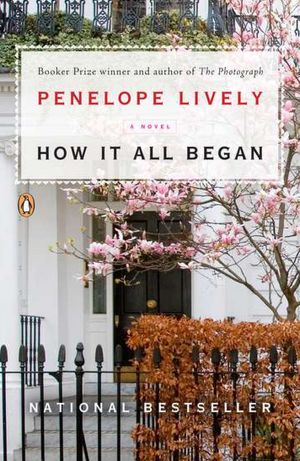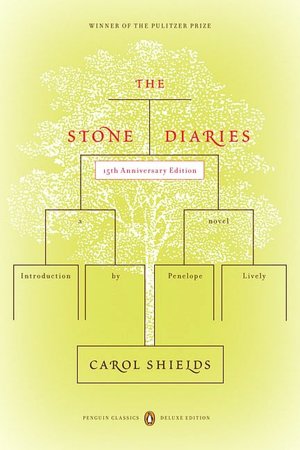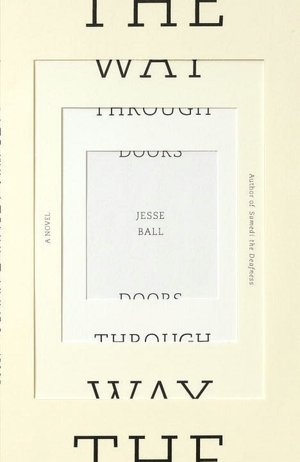I used to be a person who worked the room at a party, sprinkling laughter around as I moved from conversation to conversation. People often commented that I relished being social, like talking to people was a vocation for me. In fact, this is part of the reason I became a therapist — I seemed to have a knack for engaging with people, hearing their stories and reflecting their light. If you had known me as a teenager or in my 20s, you would never have understood that this persona, this social bravado was something of a mask. I have always battled with anxiety and a sense of failing to fit in. I have carried a fear of others judging me harshly, of saying the wrong thing and of being mortified publicly. I achieved social success in early life with a paradoxic solution and it came to me with relative ease. Amazingly, people bought it. I am noticing now in my later 30s, with mounting responsibilities and a collection of profound life events behind me, the person who really just wanted to be home under the covers, the person on unsure social footing has re-emerged. And yet, when I fumble around for that outgoing mantle, the trusty suit of charm offensive, I can't seem to find it. Or when I do, it keeps slipping off. When I was a kid, I was described as socially precocious. I could hold my own at an adult dinner party, and was expected to perform in those situations, at times literally. Once, a friend's parents actually hired me to sing a medley of show tunes (no joke at all) at their New Year's Eve party in front of 500 guests. My memories of that evening are storms of emotion that include terror and elation. Mind you, I was 7 years old, maybe even 6. In retrospect, I don't have the first clue about how I pulled something like that off. What reserve of preternatural confidence did I draw upon to make that happen? The person I am now grapples with chatting up a familiar colleague at a professional networking event. Who was that little girl and where did she run off to?
In adolescence, I don't have to describe the tempest of feelings, the cauldron of concerns that befell me. This is implied in the word, "adolescence." Incongruously, this was the period in which I honed my craft. By about age 15, I could have taught a master class at the Actor's Studio. My singular focus in that era was to entertain others and deflect attention from the awkwardness of the pariah I imagined myself to be. In a hackneyed teen movie archetype, I was the class clown (oh sure, check the yearbook), the person in the corner of the room shouting "LOOK AT ME, I'M DANCING!" I would do anything for a laugh and would risk any kind of consequences to help a friend. I fought so fervently against the advancing insecurity that I presented as radically carefree. My antics as court jester/supporting actress in a leading role once landed me in the Vice Principal's office where he told me without mincing words that my future hung in the balance. That grim meeting followed an incident in which I was performing an ill-timed, but spot-on impression of our AP Economics teacher just as she walked back in the classroom. I recall very little of Keynes, but I can still hear her exact words as she pointed to the door, "Sarah, this is my classroom, not yours. Do not pass go on your way to the office." Mercifully, that was followed two weeks later by an offer of admission from the college of my choice.
Although in college the social anxiety would keep better pace with me, I redoubled my efforts. I immediately accrued a boyfriend (during orientation week, didn't even wait for the first day of classes!), surrounded myself with friends and became immersed in activities. I was a consummate "joiner" in those days - sports teams, singing groups, volunteer organizations and the like - whereas now I can't even bring myself to participate in an essentially anonymous Mommy list serve. In my sophomore year, exhausted from the chase, I finally succumbed to symptoms I could no longer fend off and landed in therapy. The next decade or so would find me toggling between a brilliant capacity to shine in the spotlight and struggling to even answer the phone when a friend calls.
In my current life configuration, I have all the usual excuses for why my facility for being social has suffered. Like everyone on planet earth, I am tired all the time, have way too much on my plate and am just trying to make it through the week. I am also depleted from many consecutive years of major life changes, some tragedies and some losses. But I have to ask myself, what is the alternative? I had an "Aha!" moment last night when my husband wanted to discuss potential plans with friends later in the week. I was prepared with every justification as to why I wouldn't be able to make it…the baby, chief among them. My husband had a response to every barrier I constructed (including a babysitter) and capped it off with, "I would like to spend some time out with my wife." It suddenly occurred to me for the first time that being wrapped up in my own head, folded in on myself has real impact on this person I love. There was no getting around his matter-of-fact request and I felt a little ashamed that my self-indulgent fears would come at the expense of his social life. I am not sure what about this interaction tipped the scales, but in an instant, I was confronted with how much I have regressed on this issue in the past few years. Stopped in my tracks, I agreed to an evening out. A small thing, to be sure, but an important shift.
I am on the hunt again for that brassy girl of my youth who enjoyed costuming and talent shows. That girl bucked authority, won debate competitions and was the glue holding her group of friends together. She left the house for a night out utterly prepared to experience something magical. And I know I have opportunities to reignite that energy all these years later. I can approach professional events, teaching floral classes, meeting with clients and vendors with a new zeal. I can exude competence in that realm and pay special attention to building relationships through my business. I can employ all the mental gymnastics required to tamp down nerves with friends and acquaintances, which these days mostly involves reminding myself that I am just not that powerful…nobody is noticing the things I think are vulnerabilities. People are busy with their own lives and just want to connect. Nobody can take a lifetime of negative self-talk and swirling doubt and transform herself into a reality TV diva. But somewhere in there I have expertise in "acting as if," which has often lead to me to a steady state of being. If you see me out on Thursday wearing a fabulous top and a broad grin, be sure to give a wave from across the room.



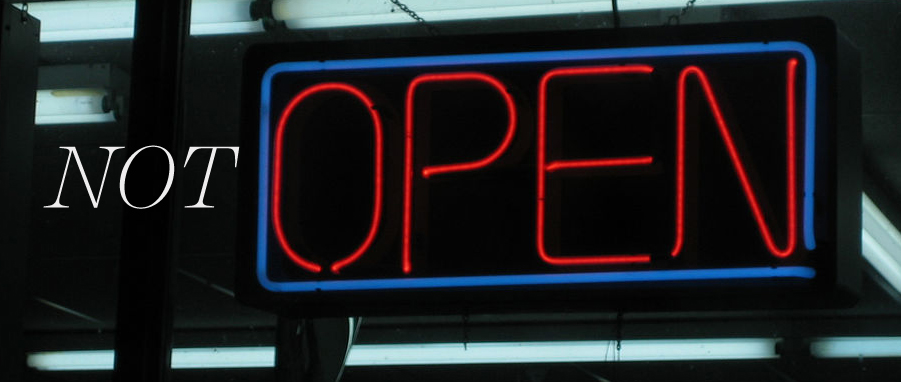
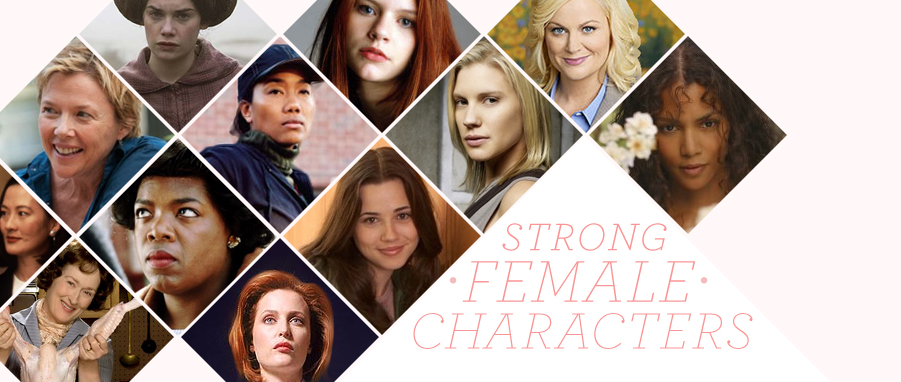






















 In my house growing up, the fall months brought up the smell of earth from the dirt basement. It’s a difficult smell to try to describe. It’s not rich like the smell of garden soil and nothing like the particular scent attached to the concrete basements of my friends. It’s the perfume of a particular brand of old Yankee house that’s been sitting on the same patch of dirt for two and half centuries---a combination of must and dirt, and more often than not, the stink of an unfortunate chipmunk that found its way through a chink in the stone foundation. In October, a month that’s goulish without even trying, our house could smell like death itself.
To combat the scent of the damp and dying, my mom kept a small pot on the back burner of the stove. In it she’d pour a glug of apple cider and mix it with water from the tap. If there was an apple peel that would go into the pot, along with dried orange peel if we had any, a stick of cinnamon, allspice, and cardamom. Every hour or two, we’d add more water to the mixture, which became thick and dark the longer it simmered. The burbling spices would mask the smell of rotting vermin and simultaneously herald in the new season.
In my house growing up, the fall months brought up the smell of earth from the dirt basement. It’s a difficult smell to try to describe. It’s not rich like the smell of garden soil and nothing like the particular scent attached to the concrete basements of my friends. It’s the perfume of a particular brand of old Yankee house that’s been sitting on the same patch of dirt for two and half centuries---a combination of must and dirt, and more often than not, the stink of an unfortunate chipmunk that found its way through a chink in the stone foundation. In October, a month that’s goulish without even trying, our house could smell like death itself.
To combat the scent of the damp and dying, my mom kept a small pot on the back burner of the stove. In it she’d pour a glug of apple cider and mix it with water from the tap. If there was an apple peel that would go into the pot, along with dried orange peel if we had any, a stick of cinnamon, allspice, and cardamom. Every hour or two, we’d add more water to the mixture, which became thick and dark the longer it simmered. The burbling spices would mask the smell of rotting vermin and simultaneously herald in the new season.




